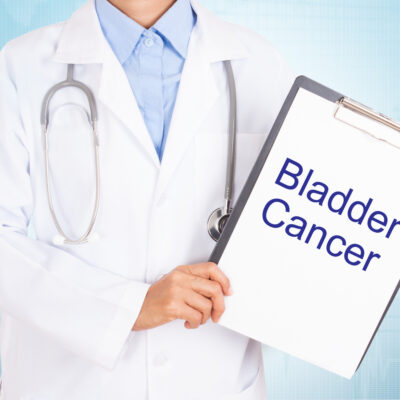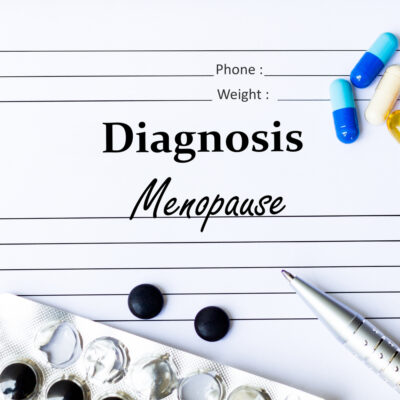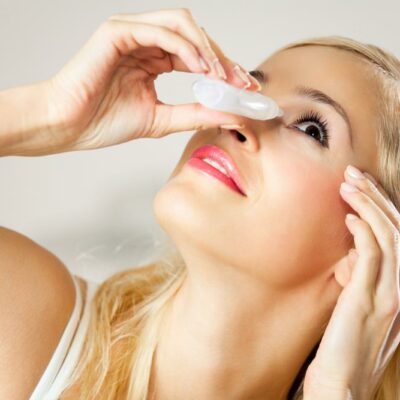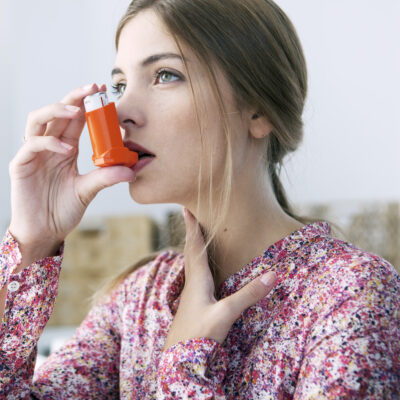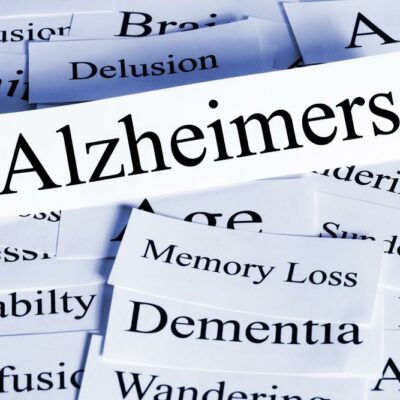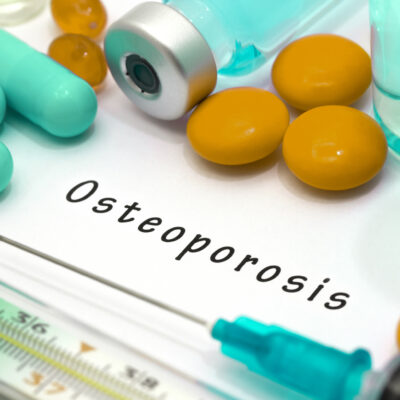
Health
Tips to Alleviate the Effects of Migraine
Can medicines not cure and prevent migraine attacks? They sure can, but medicines can only do little. You need to do a lot more on your part to make sure that your body is resilient to handle the pain. There are some useful home remedies for migraines that may be easy to try at home, and these can definitely reduce the severity or duration of the attacks. Medical treatments for migraines Navigating the realm of migraine treatments involves exploring various options to alleviate symptoms and enhance quality of life. Medications such as Ubrelvy and Qulipta are gaining recognition for their efficacy in addressing migraine headaches. However, the cost of migraine medications can be a concern for many. Seeking affordable alternatives, some individuals may turn to over-the-counter solutions like Excedrin Migraine, which can be effective in certain cases. Additionally, Nurtec has emerged as a promising migraine medication, providing an alternative for those seeking preventive measures. It’s crucial to be aware of Quillivant XR side effects, and to consult with healthcare professionals to find the most suitable treatment plan tailored to individual needs and circumstances. Home remedies for migraines These home remedies for migraines are not something that will require you to break your everyday routine.
Read More 


